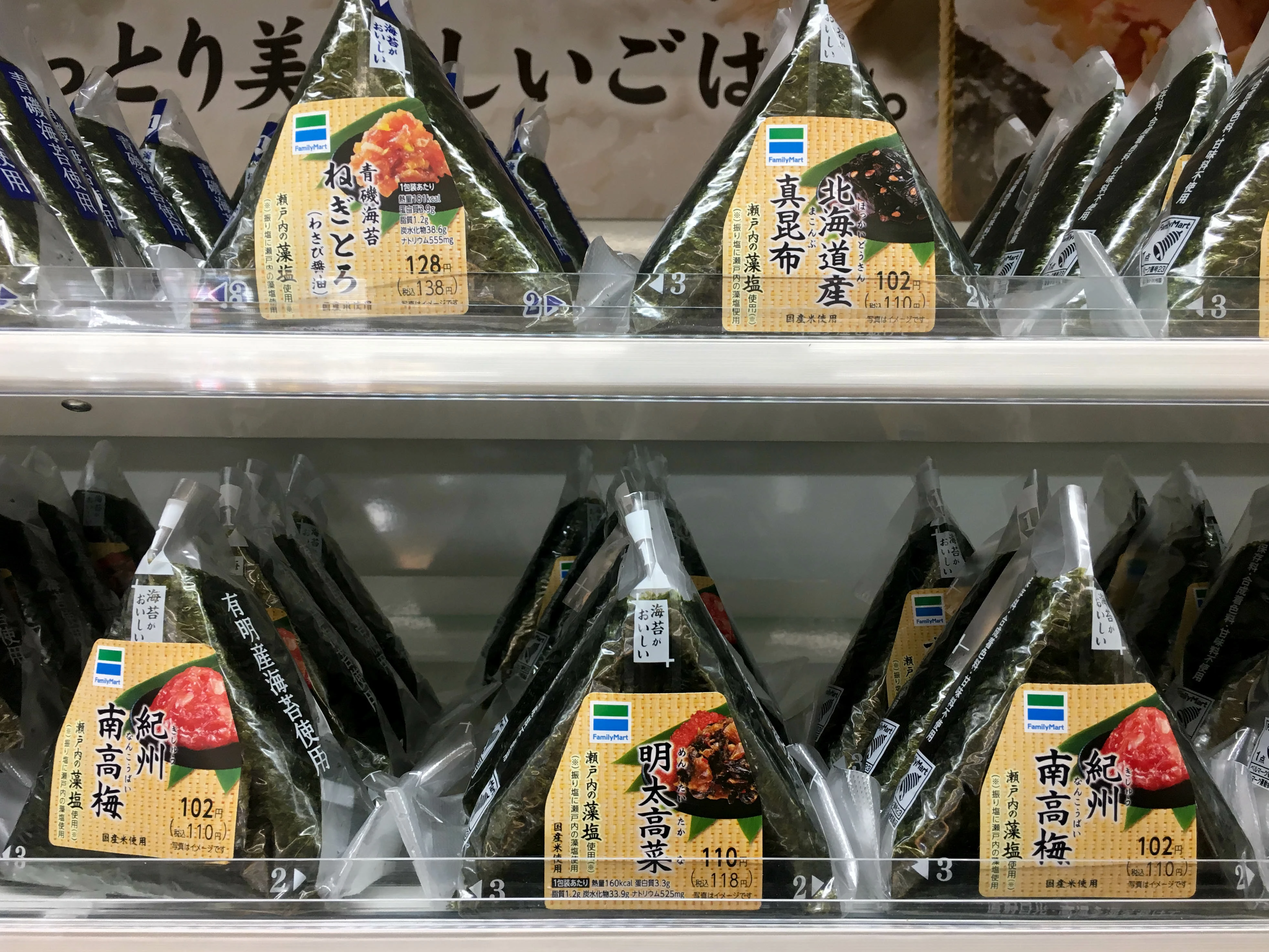
Partner Article
UK companies can use culture and heritage to conquer foreign markets - by learning from the Japanese
Internationalising can be difficult for businesses, especially if their products are grounded in domestic cultural traditions and require the possession of some degree of cultural knowledge to be understood, used, and valued by foreign customers. But new research from the UCL School of Management reveals three different “cultural strategies” available to these companies if they wish to succeed on an international scale.
Success may require managers to explore opportunities to adapt the way products are designed, produced and sold, to bridge domestic and foreign values, traditions and preferences.
Professor Davide Ravasi – together with Innan Sasaki, Warwick Business School, and Niina Nummela, University of Turku, Finland – looked at how businesses can navigate tensions between adjusting traditional products to foreign taste, while at the same time respecting their integrity and authenticity.
They studied how a group of Japanese producers of heritage craft located in Kyoto expanded internationally over a number of years. The findings point to three strategies that can be used, alternatively or in conjunction, to make traditional products more appealing to foreign customers.
“The first, selective targeting, focuses on segments of foreign customers that are sufficiently knowledgeable to appreciate the products in the original, unaltered forms. Managers we studied, for instance, initially targeted connoisseurs, collectors, migrant communities, and fans of Japanese culture more generally. They also actively tried to educate their customers about the cultural traditions that give meaning and value to the products.
“The second, cultural adaptation, is characterised by the willingness to partially adapt products – or the way they are packaged or communicated – to foreign preferences and consumption patterns. Local distributors, here, can play an essential role by helping educate customers through cultural storytelling and other initiatives, or, conversely, by suggesting alternative uses of traditional products or adjustments consistent with local customs and preferences.
“The third one, cultural transposition, uses collaborations with foreign designers to apply traditional aesthetic or technical elements to entirely different products – that is, using gilding techniques for temple furniture to decorate bathroom tiles – to be marketed to national and international customer segments attracted by the combination of tradition and modernity.
“Both local distributors and foreign designers support these strategies by serving as cultural intermediaries – individuals who support development and sales of products of symbolic value by helping make them meaningful for consumers.” says Ravasi.
The research found that the first strategy – selective targeting – rarely leads to substantial international sales, being dependent on the relative size of the culturally-savvy segments it addresses. Yet they found that 9 firms out of 10 first adopted this strategy as they internationalised. They introduced adapted products only after acquiring better knowledge and understanding of local tastes and preferences. Selective targeting, them, appears to be an important first step to acquire better knowledge and understanding of local tastes and preferences to support cultural adaptation – a more promising strategy that enables access to broader segments of foreign markets. In the one occasion where alterations were introduced directly in the absence of prior learning, failure occurred.
By highlighting alternative strategies to support growth through internationalization in traditional sectors, findings from this study have important implications for both managers and policy-makers interested in safeguarding cultural heritage and traditions, and using them as a source for competitive advantage in international trade.
The research is published in the Journal of International Business Studies.
This was posted in Bdaily's Members' News section by UCL School of Management .
Enjoy the read? Get Bdaily delivered.
Sign up to receive our popular morning National email for free.








 Why community-based care is key to NHS' future
Why community-based care is key to NHS' future
 Culture, confidence and creativity in the North East
Culture, confidence and creativity in the North East
 Putting in the groundwork to boost skills
Putting in the groundwork to boost skills
 £100,000 milestone drives forward STEM work
£100,000 milestone drives forward STEM work
 Restoring confidence for the economic road ahead
Restoring confidence for the economic road ahead
 Ready to scale? Buy-and-build offers opportunity
Ready to scale? Buy-and-build offers opportunity
 When will our regional economy grow?
When will our regional economy grow?
 Creating a thriving North East construction sector
Creating a thriving North East construction sector
 Why investors are still backing the North East
Why investors are still backing the North East
 Time to stop risking Britain’s family businesses
Time to stop risking Britain’s family businesses
 A year of growth, collaboration and impact
A year of growth, collaboration and impact
 2000 reasons for North East business positivity
2000 reasons for North East business positivity